From the Dutch East India Company’s pioneering voyage into the stock market in 1602 to Apple’s towering cash reserves that dwarf the GDP of nations, the corporate world is brimming with fascinating tales. This journey will take us through the unique corners of corporate history, revealing facts that are as astonishing as they are impactful.
From Disney’s venture into urban planning to Samsung’s unexpected diversification, these stories are not just about profit and products; they reflect our evolving world and the surprising ways corporations have shaped it. In exploring these rich and varied corporate narratives, we uncover fun facts about corporations that both entertain and enlighten, offering a glimpse into the dynamic role these entities play in our global landscape.
1. The World’s First Corporation: Tracing Back to 1602
The Dutch East India Company (VOC), founded in 1602, is recognized as the world’s first publicly traded company. Initiated by the Dutch government with a 21-year monopoly on East Indies trade, the VOC issued stocks as a strategic move to manage risks, like piracy. It marked the advent of modern corporate governance and capitalism.
The VOC’s influence extended beyond trade, playing a significant role in establishing early Western democracy and global financial systems.
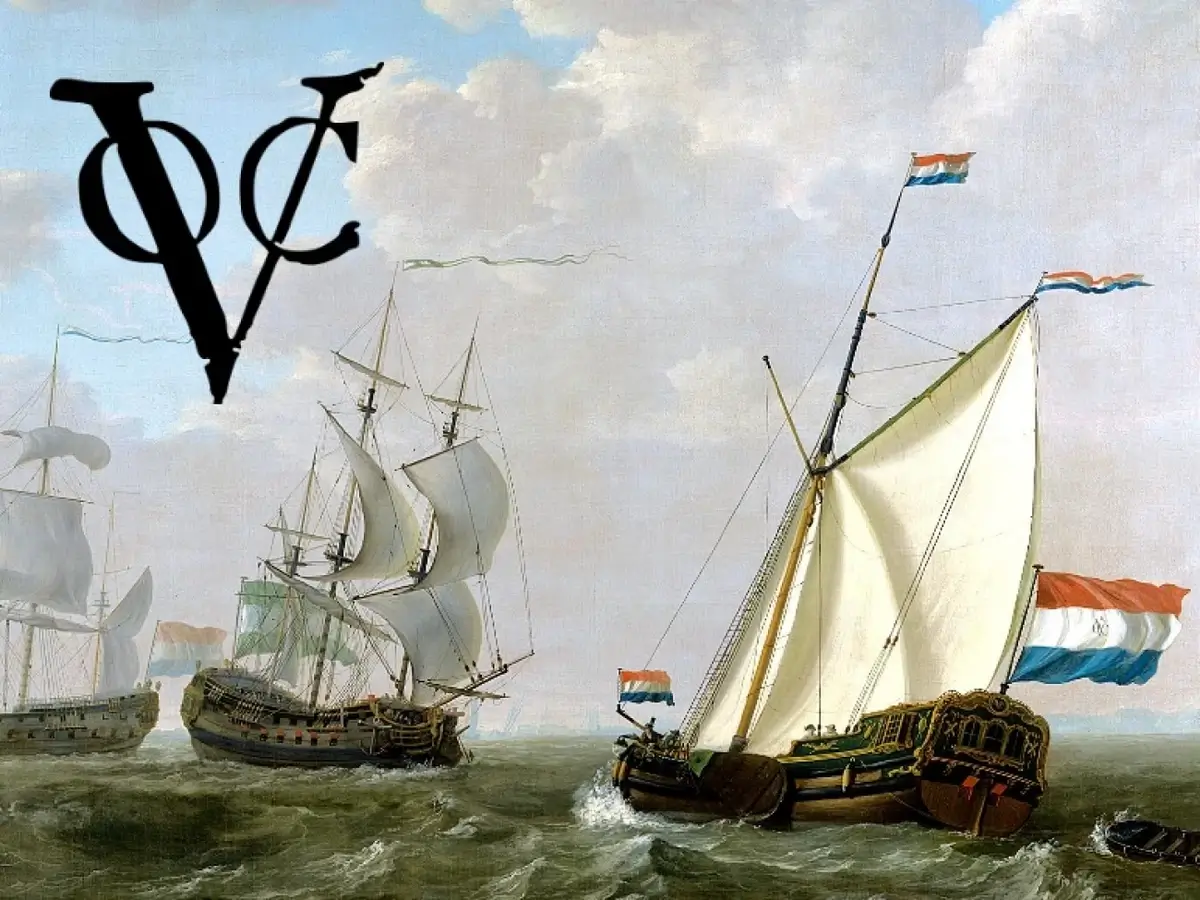
Image: thetradable.com
2. Apple’s Cash Reserves: More Than Some Countries’ GDP
As of 2023, Apple Inc.’s financial prowess is more evident than ever, with cash reserves amounting to a colossal $167 billion. This staggering amount not only highlights the company’s continuous innovation and global market impact but also puts its financial capabilities on par with, or even beyond, the GDP of several nations.
This immense reserve, bolstered by diverse revenue streams from cutting-edge technology products and digital services, showcases the scale and influence a modern corporation can achieve. Apple’s economic strength is a testament to its sustained success and strategic prowess in the highly competitive tech industry.
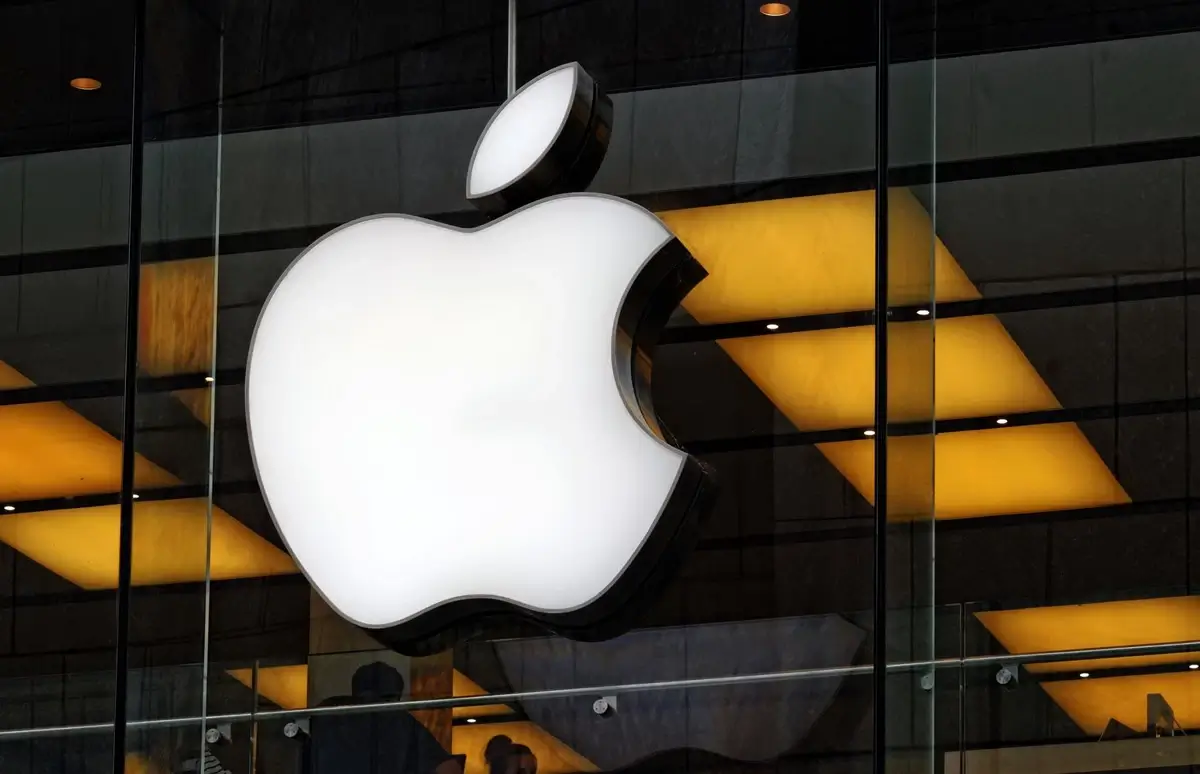
Image: lovemoney.com
3. The Walt Disney Company: Owning a Town in Florida
In 1994, The Walt Disney Company ventured into urban planning with the creation of Celebration, Florida. This town, designed to embody Walt Disney’s vision of an ideal community, highlights the company’s influence beyond entertainment.
With over 11,000 residents, Celebration represents a blend of nostalgic design and modern living, reflecting Disney’s commitment to creating immersive experiences.

Celebration, Florida. Image: wsj.com
4. Samsung’s Wide Reach: From Tanks to Theme Parks
Samsung, a South Korean conglomerate, is known for its electronics but has a diverse portfolio including heavy industries and theme parks. Samsung Techwin (now Hanwha Aerospace) produces tanks and aerospace technology, while Samsung Everland operates theme parks.
This diversification showcases the company’s adaptability and its significant role in various industries, highlighting the multifaceted nature of modern corporations.

Image: Reddit
5. Google’s Original Name: From ‘Backrub’ to Global Giant
Google, known for its dominant internet presence, originated in 1996 as “BackRub,” a project by Stanford University students Larry Page and Sergey Brin. The project aimed to organize a vast amount of online information efficiently, signifying its ambition through the name ‘Google,’ a play on ‘googol,’ representing a number with a hundred zeroes.
Officially becoming Google in 1998, it has since revolutionized the digital world, becoming a primary source of information for millions worldwide.

Sergey Brin and Larry Page created Google. Image: Google
6. Walmart’s Employee Count: Larger Than Many Armies
Walmart, the retail behemoth, employs over 2.1 million people globally, making its workforce larger than the total personnel of many national armies. This staggering employee count highlights Walmart’s immense scale and influence in the global retail sector.
The company’s growth from a single discount store to a multinational chain reflects its significant impact on both local and global economies.

Image: fortune.com
7. Toyota’s Robot Revolution: Beyond Just Cars
Toyota, widely recognized for its automobiles, is also a pioneer in robotics. The company’s commitment to robotic innovation extends to domestic robots aimed at assisting the elderly and disabled, showcasing its dedication to improving quality of life through technology.
Toyota’s vision transcends automotive manufacturing, positioning it as a leader in advanced robotic solutions.
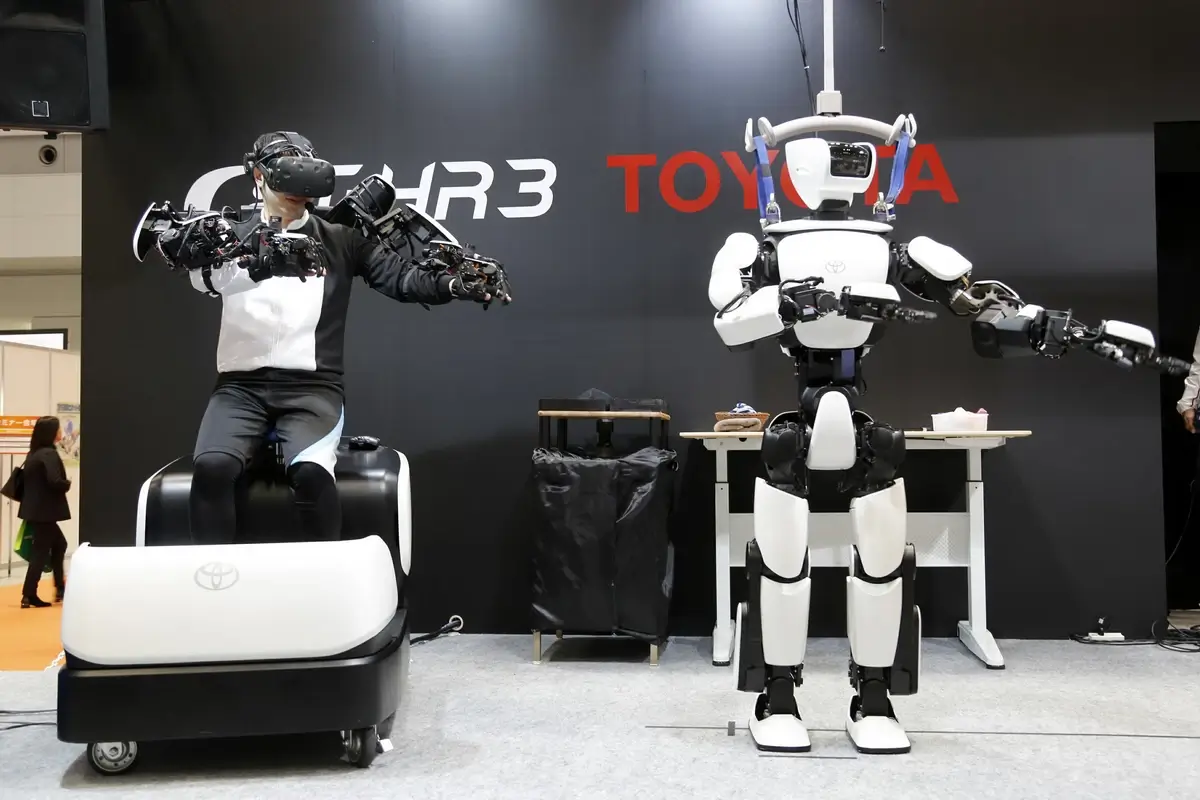
Image: apnews.com
8. Amazon’s Humble Beginnings: From Garage to Global Dominance
Amazon, now a colossal e-commerce platform, began in Jeff Bezos’ garage in 1994. Initially an online bookstore, it rapidly expanded, diversifying into various products and services.
Amazon’s evolution from a small startup to a global powerhouse reflects the transformative power of digital technology and innovative business models.

Jeff Bezos in the early days of Amazon. Image: yourstory.com
9. Coca-Cola’s Secret Recipe: A Blend of History and Mystery
Coca-Cola, a global beverage icon, guards its secret recipe, a blend of history and mystery. Created in 1886 by pharmacist John Pemberton, the recipe has remained a closely guarded secret, adding to the drink’s allure.
Coca-Cola’s unique flavor, a combination of vanilla, cinnamon, and other spices, has made it one of the world’s most popular soft drinks.
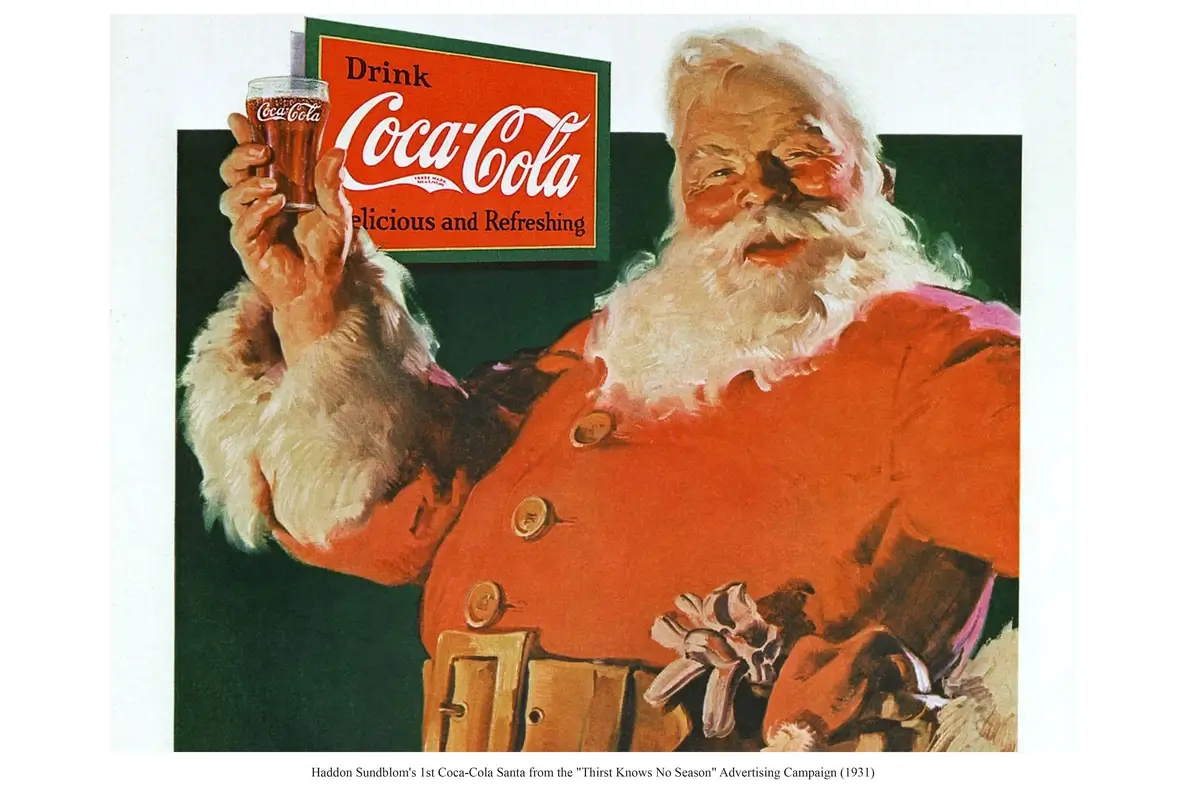
Image: USA Today
10. IKEA’s Astonishing Wood Usage
IKEA’s global operations use nearly 1% of the world’s commercial supply of wood annually for their furniture.
This fact not only underscores IKEA’s vast scale as a furniture retailer but also highlights the significant impact large corporations can have on global resources.
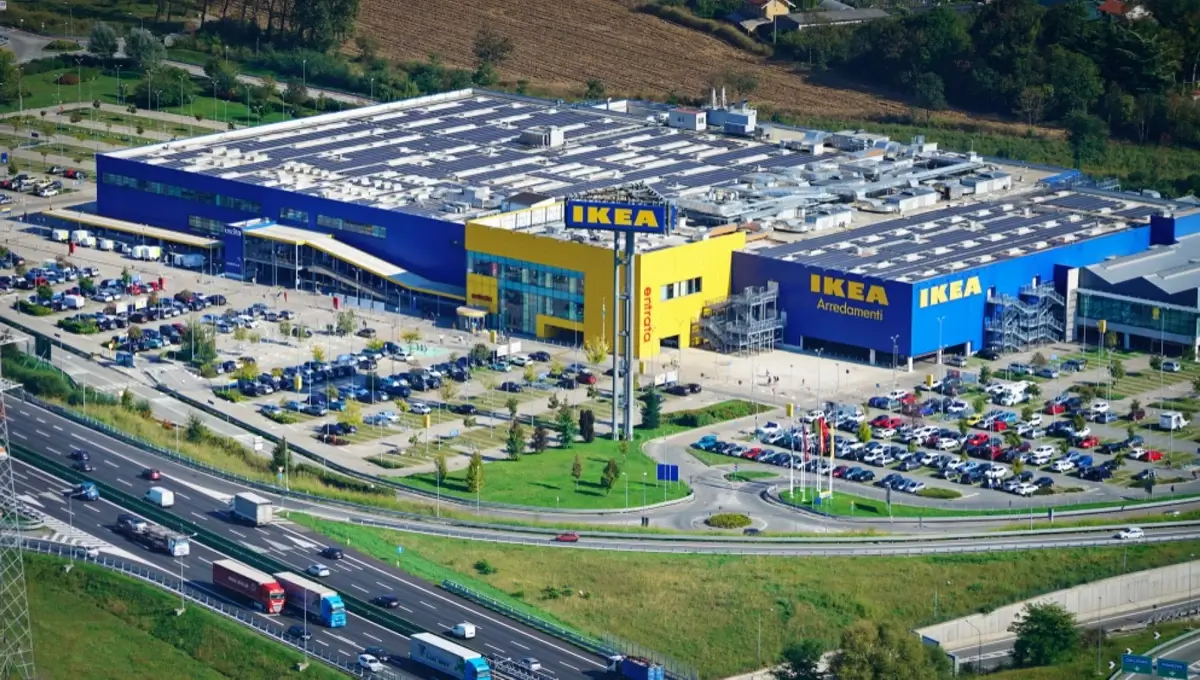
Image: repstatic.it
FAQ
Who was the first corporation?
The Dutch East India Company, established in 1602, is widely considered the first corporation. It was the first company to issue stocks, a major innovation in the world of business and finance.
What are 3 advantages to big corporations?
- Economies of Scale: Larger corporations can produce goods at a lower cost due to their scale.
- Access to Capital: Corporations often have easier access to financial resources for expansion and innovation.
- Global Reach: Big corporations have the ability to operate and market their products globally.
What are 5 disadvantages of corporation?
- Complexity in Management: Managing a large corporation can be complex and unwieldy.
- Regulatory Scrutiny: Larger corporations face more governmental regulations.
- Impersonal: Big corporations might lack the personal touch of smaller businesses.
- Inflexibility: Large corporations can be slow to respond to market changes.
- Risk of Monopoly: Large corporations can dominate markets, reducing competition.
How do corporations work?
Corporations operate as separate legal entities from their owners. They can own property, enter contracts, and are subject to taxes. Shareholders own the corporation but are not liable for its debts or legal issues.
What are the 2 types of corporations?
The two main types of corporations are:
- C Corporation: A conventional corporation where profits are taxed separately from its owners.
- S Corporation: Profits and losses can pass through to the owner’s personal tax return, avoiding double taxation.





